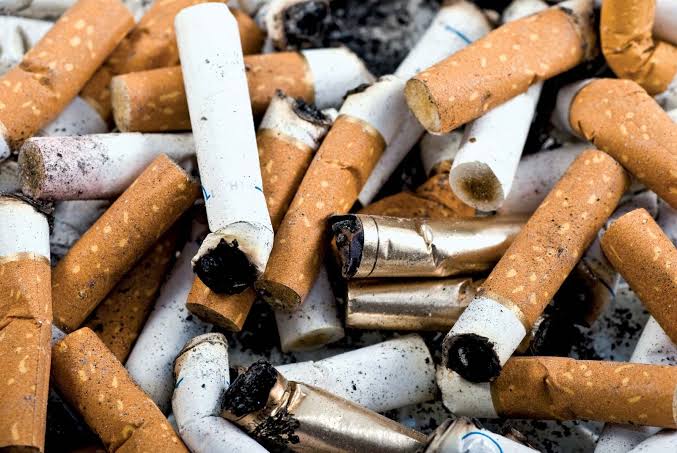...As RDI Holds Tobacco, Data Journalism Training For Media Partners
By Chidiebere Ugwu
An estimated $2 trillion are lost by the global economy due to tobacco use, Labram Musah,
Executive Director, Vision for Alternative Development (VALD), a Ghana based Non Governmental Organization (NGO), has disclosed.
Musah gave the hint during his presentation entitled: ‘SDGs as a Vital Data Source for Tobacco Control’ at a recent virtual training on Tobacco and Data Journalism Training, organized by the Renevlyn Development Initiative (RDI) for its media partners.
According to VALD boss, the humongous cost arises from lost productivity and healthcare-related expenses due to tobacco-related illnesses, as well as premature deaths, many of which occur during the prime productive years.
“The cost of tobacco use to the global economy is estimated to be nearly USD 2 trillion arising from lost productivity and healthcare-related expenses due to tobacco-related illnesses, as well as premature deaths, many of which occur during the prime productive years” he said.
Musah stated that 1.3billion smokers live in developing countries of the world while there are more than 77 million adult smokers in Africa, stressing that the tobacco use epidemic remains a serious public health menace with a significant impact on global health and development.
According to him, reducing tobacco use is critical to achieving the 17 Sustainable Development Goals as there are interlinks between the global economy and tobacco use, adding that countries such as Canada, Australia, Brazil, and Kenya among others have developed means of using tobacco-related diseases to monitor progress in achieving SDG.
Philip Jakpor, the Executive Director of Renevlyn Development Initiative, reiterated that the media is key not only in keeping the public informed as part of its watchdog role, but also in eliciting robust discourse that ultimately translate into policy responses and actions hence the training.
“The indispensability of the media to tobacco control is exemplified in the amount of money that the tobacco industry expends annually to market its products using the media channel.
“The Center for Disease Control and Prevention recently revealed that in the US alone the amount that the tobacco industry spent on visibility activities including cigarette advertising and promotion increased from $7.84 billion in 2020 to $8.06 billion in 2021.
“Tobacco companies have also been found to have paid social media influencers to covertly promote tobacco products, using subtle company campaign.
“In Nigeria we are witnesses to all kinds of promotional activities that run into millions of naira by tobacco companies in the media space in their determination to grab more lungs. They also exploit the social media to circumvent regulations around tobacco marketing and industry interference with health policy.
“The Tobacco and Data Journalism Training is premised on the need for more robust and educative reports on tobacco control in the media. For too long reports on this subject in the indigenous media have been limited to statistics about tobacco-induced deaths from the World Health Organisation (WHO) and scanty national data. But there are also other interlinking issues from which we can also obtain data that are unfortunately mostly un-reported or under-reported.
“We must not forget that policy makers rely on what they read or hear or watch to be able to make laws that are rooted in facts. The task of ensuring the right information gets to them is shouldered by the media.
“It is for this reason that we have linked up with our partners who are experts in the public health sector to speak with us today and give us pointers to areas of tobacco control where credible data can be found, as well as trusted platforms that we can obtain data from and reference to enrich our reports”.
As resource persons Vanessa Adie Offiong, a Media strategist, took participants through such topics as ‘Data to Make Tobacco Stories Relevant’, while Austine Iraoya, Research Analyst of the International Food Policy Research Institute (IFPRI), handled ‘Reporting Tobacco Taxation’.
Another resource person was Seember Ali of Development Gateway who awed participants on the organisations Tobacco Control Data Initiative (TCDI) where information on taxes, industry interference and illicit trade can be found.











